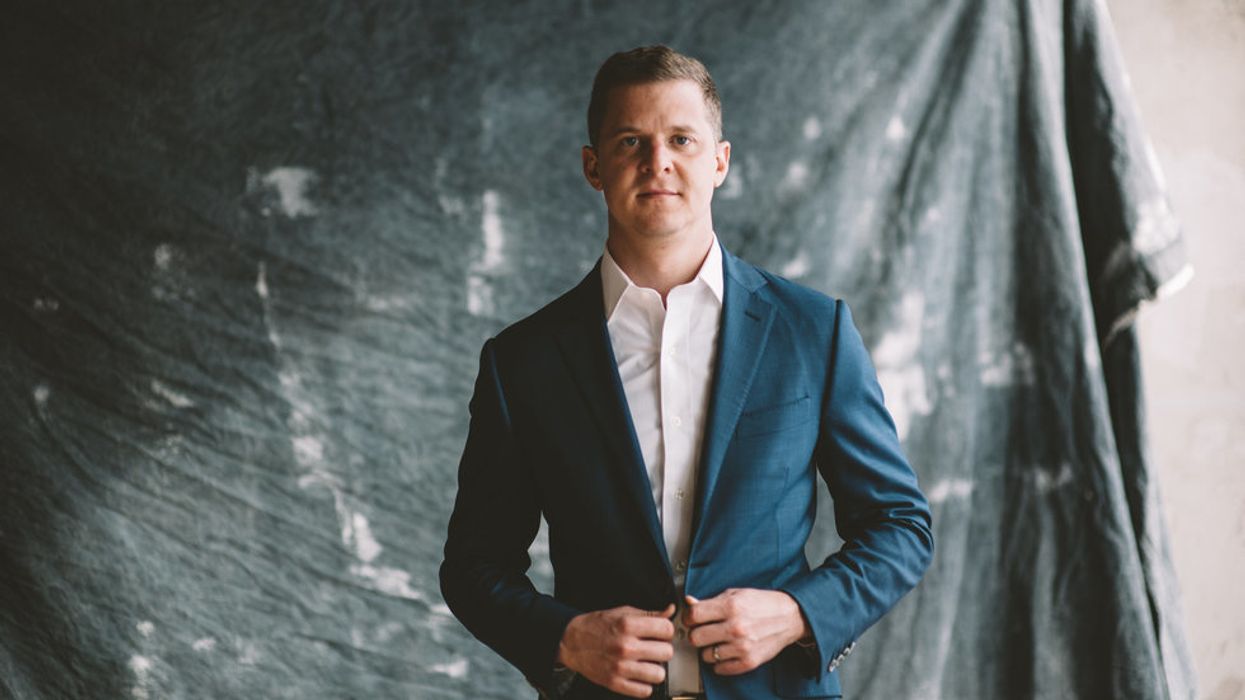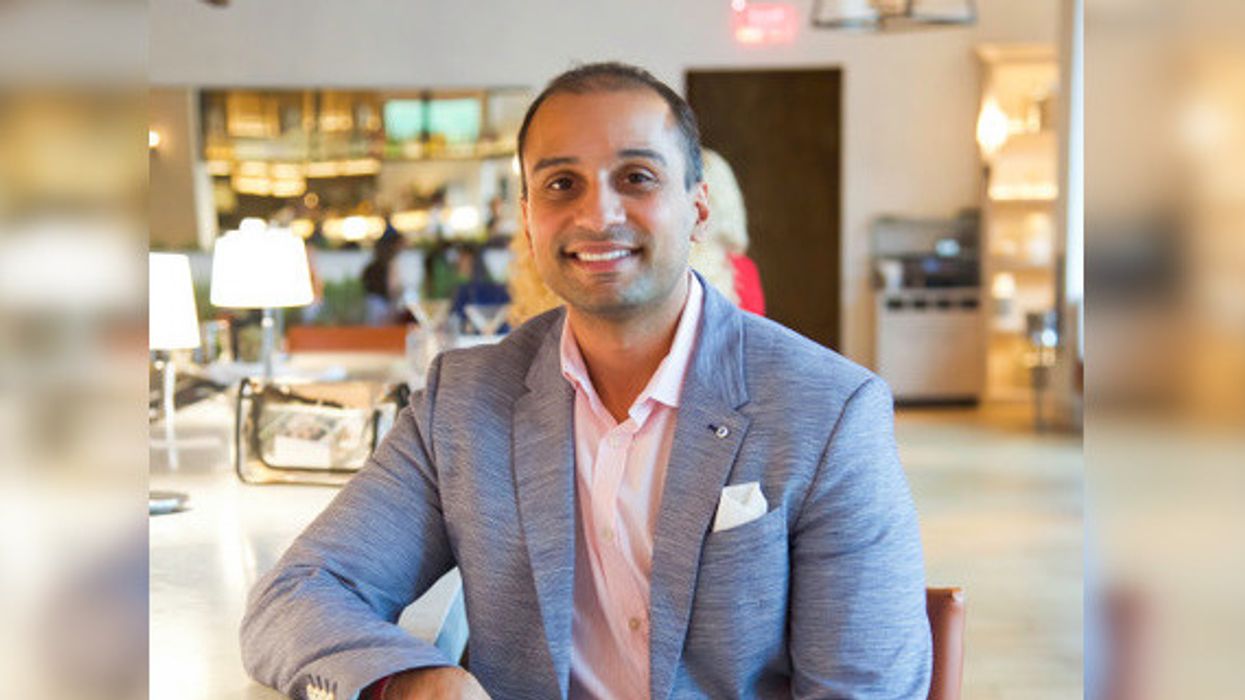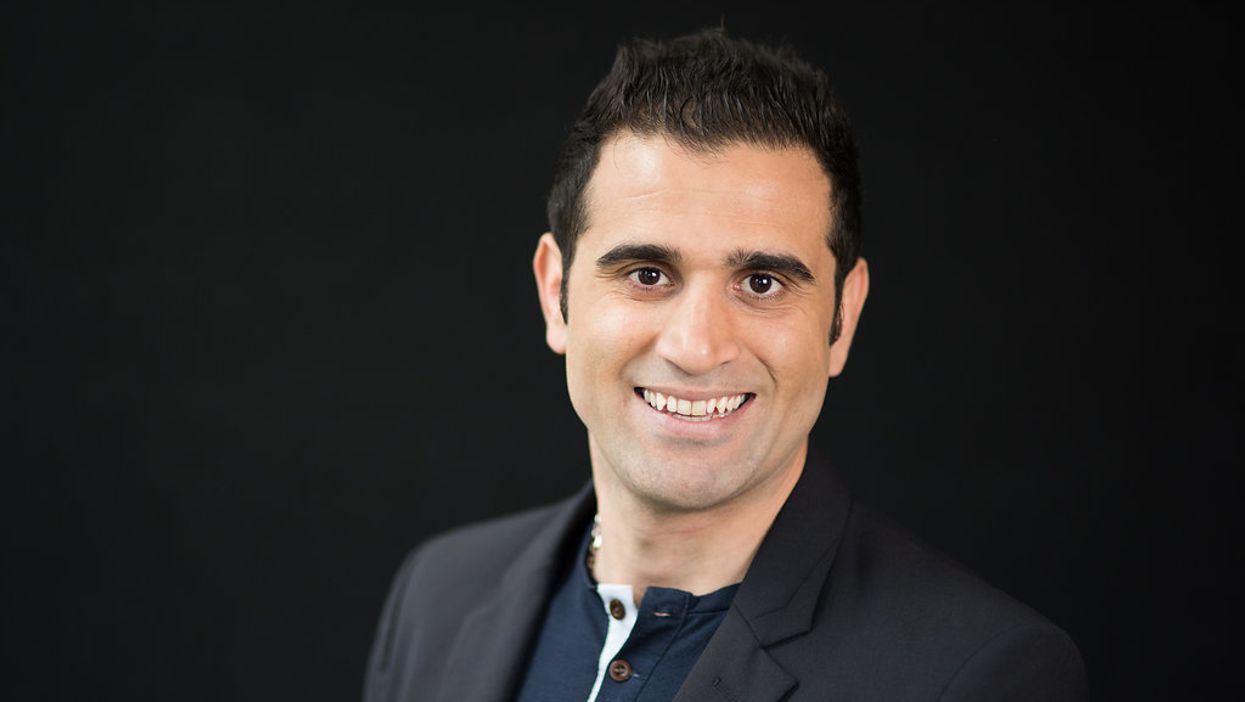Most of Christopher Robart's 10-year career in oil and gas has been deliberate and calculated — researching the right startup to be involved in or finding the right buyer for a company he invested in. However, his actual start in the industry wasn't so intentional.
"I sort of fell into oil and gas after I got of college back in 2003," says Robart, who is the president of Ambyint USA. "Before that, I was involved in a few startup things — some digital and some not. I was always sort of an entrepreneur."
Robart shares the passion of entrepreneurialism with his twin brother, Alex, CEO of Ambyint. The two have similar work experiences, since they act as an oil and gas startup team in Houston. One of the first companies the duo bought and sold was PacWest Consulting Partners, which was sold to IHS Energy in 2014, Robart says. The second one, Digital H2O, they founded, grew the team, lead some investments, and sold it to Genscape in 2015.
The pair's newest endeavor is Ambyint, an oilfield smart technology company with Canadian origins. The Robart brothers have been involved in it for about two and a half years.
Christopher Robart spoke with InnovationMap about his career and what he hopes to accomplish with his oil and gas startup in 2019.
InnovationMap: How did you and your brother first get involved in Ambyint?
Christopher Robart: After we left IHS, we knew that our next up was going to be software and upstream oil and gas, but there were a lot of question marks. We did our due diligence. We leveraged all that information we found and settled on which market we wanted to be in. We ended up finding Ambyint and liked what they had built to date, but they had some gaps and shortcomings, particularly on the commercial side, and they had no U.S. presence. We thought those two gaps were something we'd be helpful filling out. We went through a fairly lengthy process to lead an investment into the company, and essentially took over through that process.
IM: So, Ambyint still has an office in Canada?
CR: The Canada office is primarily a technology office, with some sales capabilities up there. The U.S. is primarily sales, marketing, and customer support.
IM: How does the technology work?
CR: The easiest way to explain it is we're like a Nest thermostat for your oil wells. It's a piece of hardware and a piece of software. It's wired into the well's control system and tied up to cloud-based software. From there, we've been deploying artificial intelligence, machine learning, deep learning, etc.
IM: What do you look for in customers?
CR: Oil companies of any shape or size, really. Oil and gas industry aren't really known for being early adopters of technology. There's a lot of resistance to change, particularly at the production level, which we focus on. So we're looking for early adopters looking to lead the way.
We're in pretty much all the major oil-producing areas in the U.S. and Canada. We also have customers in Mexico, Chili, and Egypt. There's a few more countries in the Middle East we're trying to get into.
IM: Are you planning another fundraising round?
CR: We'll embark on a series B in the near future. We closed our series A, and it was pretty large, so we're in a good place. (The series closed in September of 2017 with $11.5 million raised, according to Crunchbase.)
IM: What are your goals for 2019?
CR: We've built a lot of cool technology, and we continue to do that. Our focus for 2019 is to continue to commercialize and expand our customer base. Our sales cycle is pretty long. It could be a year from the time we bring an initial lead to the table, running a pilot, getting results, and developing a plan. It's a long, slow, and, in some cases, a painful process.
When you're doing things like machine learning, you're teaching a machine how to do something a human would do something. What's required to do that is a massive amount of data to start, and from there, it's a never ending journey of data collection and monitoring your accuracy.
We've been focused on one specific artificial lift pump — every well will eventually take a piece of artificial lift pump. We work on the most common artificial lift pump, but it's just one of six key types. In addition to selling more of that pump, we are in the process of expanding to additional lift types.
IM: What keeps you up at night, as it pertains to your business?
CR: Change management. Getting our customers to adopt new technology and embrace change. That's it. We're constantly trying to get our customers to move more quickly.
IM: How do you and your brother work together? Do you each play different roles in the company?
CR: Our backgrounds are similar. We're twins, but we have personality differences. I spend a little more time with our customers than he does and with new product initiatives. I get pretty hands on.
His mandate is less focused on walking and talking with customers and more on managing the functions of the business and working with the leadership team. As well as financing and fundraising.
We've got a pretty good division of labor, but there is a lot of overlap of what we do.
IM: What are some of the pros and cons of being in Houston?
CR: Obviously the pro of being in Houston is it being the oil capital of the world. All our customers are here. It's sort of a must.
The downside of running a technology company in town is that tech talent is quite thin on the ground in Houston — especially what we're looking for. So, we don't have any tech team members in the Houston office. I'll put it mildly in that we are skeptical of the talent pool for really strong software developers in the Houston market.
------
Portions of this interview have been edited.









 Apple doubles down on Houston with new production facility, training center Photo courtesy Apple.
Apple doubles down on Houston with new production facility, training center Photo courtesy Apple.